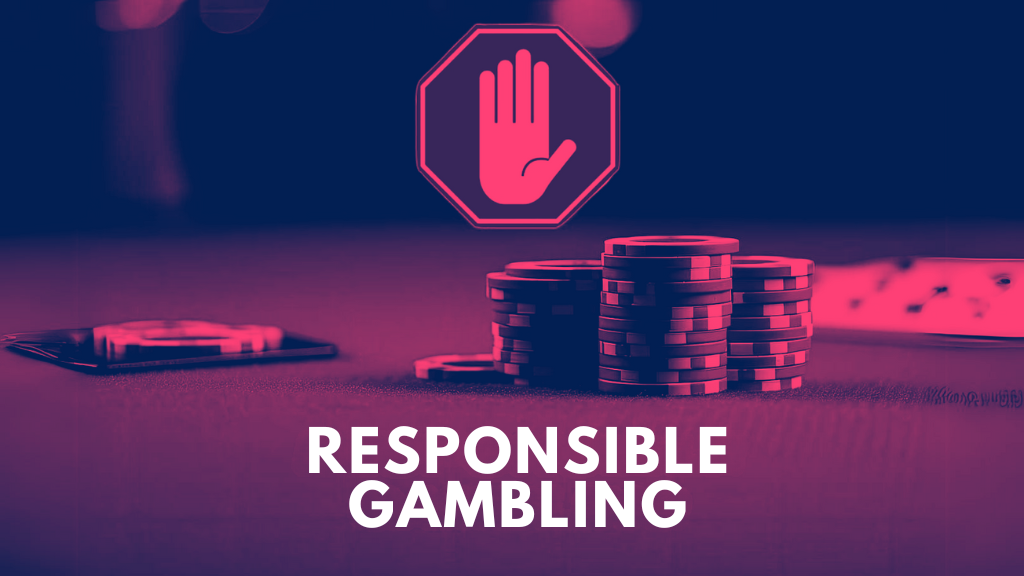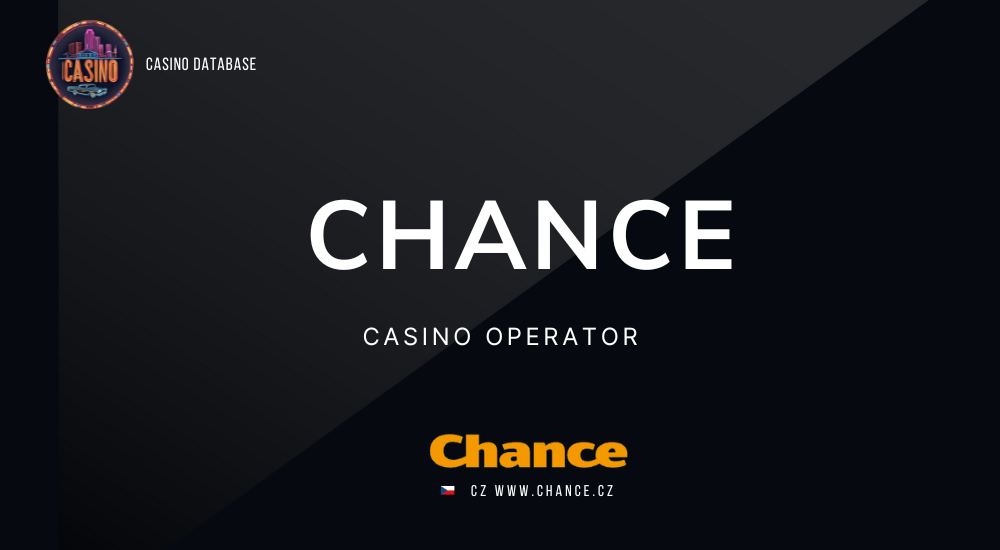“Safe Bet: A Guide to Responsible Gambling and Healthy Gaming Habits” invites readers to explore the world of gambling with a focus on maintaining balance and well-being. In this article, we delve into the importance of responsible gambling practices, offering insights on setting limits, recognizing warning signs, and accessing support when needed. Whether you’re a seasoned gambler or new to the scene, join us as we navigate the path to enjoyable and responsible gaming experiences.
1. Understanding Responsible Gambling:
In the exhilarating world of gambling, the thrill of anticipation and the promise of winning big can often overshadow considerations of responsibility. However, at its core, responsible gambling is about maintaining a healthy balance between enjoyment and control. It’s about recognizing that gambling should be a form of entertainment, not a means to financial gain or a solution to personal problems. Responsible gambling entails understanding the risks involved, setting limits, and making informed decisions about when and how to gamble. It’s about knowing when to walk away and being mindful of the impact gambling may have on oneself and others. By embracing responsible gambling practices, individuals can enjoy the excitement of gaming while safeguarding their well-being and financial stability.
2. Setting Limits:
One of the foundational principles of responsible gambling is setting and adhering to personal limits. These limits can take various forms, including time limits, spending limits, and loss limits. By establishing clear boundaries before engaging in gambling activities, individuals can mitigate the risk of excessive play and potential harm. Time limits help prevent excessive gambling sessions that may interfere with other responsibilities or activities. Spending limits ensure that individuals gamble only with funds they can afford to lose, avoiding financial strain or debt. Loss limits act as a safeguard against chasing losses and trying to recoup previous losses through further gambling. By setting and respecting these limits, individuals can maintain control over their gambling behavior and avoid negative consequences.
3. Recognizing Signs of Problem Gambling:
It’s essential for individuals to be aware of the signs and symptoms of problem gambling to intervene early and seek help if needed. Common indicators of problem gambling include:
- Increased frequency of gambling: Spending more time and money on gambling activities than originally intended.
- Chasing losses: Engaging in risky behaviors such as increasing bet sizes or frequency of play to recoup losses.
- Neglecting responsibilities: Prioritizing gambling over obligations such as work, school, or family commitments.
- Borrowing money or selling possessions to fund gambling activities.
- Feeling restless or irritable when attempting to cut back on gambling.
Recognizing these warning signs allows individuals to take proactive steps to address potential gambling problems and seek support from friends, family, or professional resources. Early intervention is key to preventing further harm and promoting recovery.
4. Seeking Support and Assistance:
When facing challenges with gambling, it’s crucial for individuals to reach out for support and assistance. There are various resources available to help individuals address gambling-related issues and regain control over their lives. These may include:
- Helplines: Toll-free helplines staffed by trained professionals provide confidential support, information, and referrals to individuals struggling with gambling addiction.
- Counseling and therapy: Professional counselors and therapists specializing in gambling addiction offer individual and group therapy sessions to address underlying issues and develop coping strategies.
- Support groups: Peer support groups such as Gamblers Anonymous provide a supportive environment for individuals to share experiences, receive encouragement, and learn from others facing similar challenges.
- Online resources: Websites and online forums offer educational materials, self-assessment tools, and community support for individuals seeking help with gambling-related problems.
By reaching out for support and assistance, individuals can take the first step towards recovery and regain control over their gambling habits.
5. Self-Exclusion Programs:
Self-exclusion programs are valuable tools for individuals who recognize the need to limit their gambling activities. These programs allow individuals to voluntarily exclude themselves from accessing gambling venues, such as casinos or online gambling platforms, for a specified period. Self-exclusion can be an effective strategy for individuals struggling with impulse control or experiencing difficulty moderating their gambling behavior. By taking proactive steps to exclude themselves from gambling environments, individuals can create a barrier to prevent further harm and promote responsible gambling habits. Additionally, self-exclusion programs often provide support resources and assistance for individuals seeking help with gambling addiction.
6. Responsible Gambling Tools and Features:
Many gambling operators offer a range of tools and features designed to promote responsible gambling and assist players in managing their behavior. These tools include:
- Deposit limits: Players can set daily, weekly, or monthly limits on the amount of money they can deposit into their gambling accounts, helping to control spending.
- Time limits: Players can set session time limits, which automatically log them out of their accounts after a specified period, preventing excessive gambling sessions.
- Reality checks: Pop-up notifications remind players of the time spent gambling, encouraging breaks and promoting self-awareness.
- Self-assessment tools: Questionnaires and quizzes help players evaluate their gambling behavior and identify potential signs of harm.
- Pause or self-exclusion options: Players can temporarily suspend their accounts or self-exclude for a set period to take a break from gambling and seek support if needed.
By utilizing these responsible gambling tools and features, players can maintain control over their gambling activities and make informed decisions about their play. These resources empower players to gamble responsibly while enjoying the entertainment value of gaming.
7. Supporting Others:
It’s important for friends and family members to provide support and assistance to loved ones who may be struggling with gambling-related issues. Here are some ways to support someone experiencing gambling problems:
- Express concern and offer support: Approach the individual with empathy and understanding, expressing concern for their well-being and willingness to help.
- Encourage open communication: Create a safe and non-judgmental environment for the individual to discuss their gambling habits and feelings.
- Offer practical assistance: Help the individual access support resources such as helplines, counseling services, or support groups.
- Set boundaries: Establish clear boundaries regarding financial assistance and avoid enabling harmful gambling behavior.
- Educate yourself: Learn about problem gambling and available support options to better understand the challenges faced by the individual.
By offering support and encouragement, friends and family members can play a crucial role in helping their loved ones overcome gambling-related difficulties and regain control over their lives.
8. Educating Youth about Responsible Gambling:
Early education and awareness about responsible gambling practices are essential for preventing problem gambling among young people. Here are key strategies for promoting responsible gambling behaviors among youth:
- School-based programs: Integrate responsible gambling education into school curriculums to raise awareness about the risks associated with gambling and teach skills for making informed decisions.
- Parental involvement: Encourage parents to discuss the risks of gambling with their children and monitor their online activities to prevent underage gambling.
- Community outreach: Partner with community organizations, youth clubs, and sports teams to deliver responsible gambling messages and provide support resources to young people.
- Peer support programs: Establish peer-led initiatives where young people can discuss gambling-related issues, share experiences, and support each other in making responsible choices.
- Media literacy: Teach young people critical thinking skills to evaluate gambling advertisements and understand the persuasive tactics used to promote gambling products.
By equipping young people with the knowledge and skills to make responsible choices about gambling, we can empower them to engage in healthy behaviors and avoid the pitfalls of problem
9. Promoting Responsible Gambling Practices in the Industry:
The gambling industry plays a crucial role in promoting responsible gambling practices and minimizing the harm associated with gambling. Here are some strategies for promoting responsible gambling within the industry:
- Responsible gambling policies: Develop and implement responsible gambling policies that prioritize player safety and well-being, including measures to prevent underage gambling and support problem gamblers.
- Training and education: Provide comprehensive training programs for staff to recognize signs of problem gambling, intervene appropriately, and direct individuals to support resources.
- Responsible advertising: Adhere to responsible advertising standards that avoid glamorizing gambling, target vulnerable populations, or promote excessive gambling behaviors.
- Player education: Offer educational resources and information to players about responsible gambling practices, including the risks associated with gambling and available support services.
- Collaboration with regulators and stakeholders: Work closely with regulatory authorities, government agencies, and community organizations to develop and implement responsible gambling initiatives and support programs.
By prioritizing responsible gambling practices and working collaboratively with stakeholders, the gambling industry can contribute to a safer and more sustainable gambling environment for players.
10. Personal Stories and Testimonials:
Sharing personal stories and testimonials from individuals who have experienced the challenges of problem gambling and successfully overcome them can be a powerful way to raise awareness and provide hope to others. These stories humanize the issue of problem gambling, highlight the importance of seeking help, and demonstrate that recovery is possible. By sharing their experiences, individuals can inspire others to take action, seek support, and make positive changes in their own lives. Personal stories and testimonials can be shared through various channels, including websites, social media, support groups, and awareness campaigns, to reach a wide audience and make a meaningful impact.




